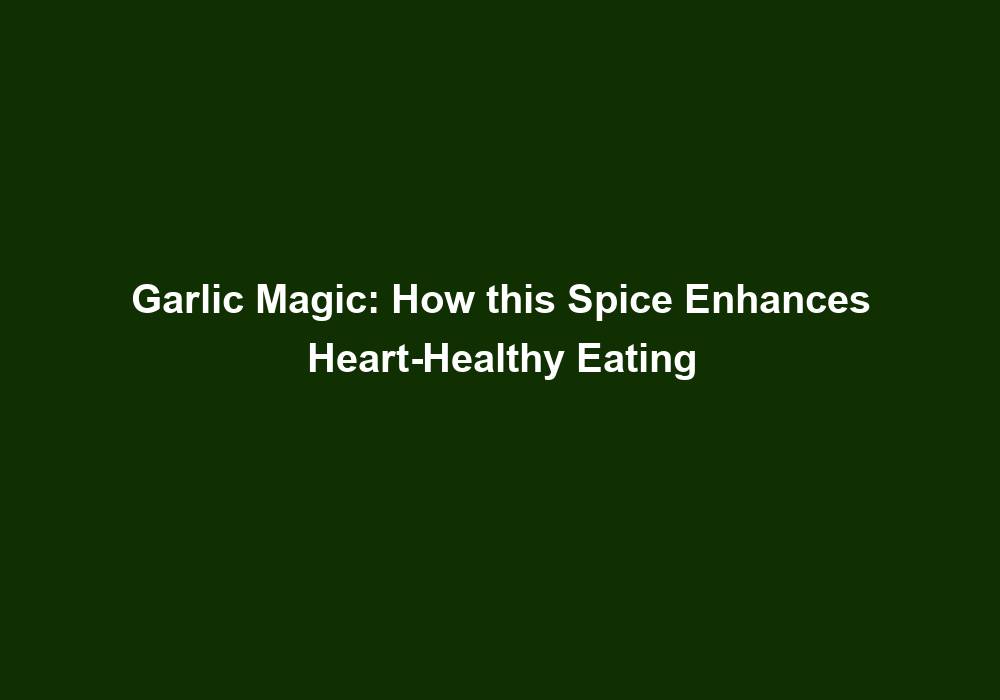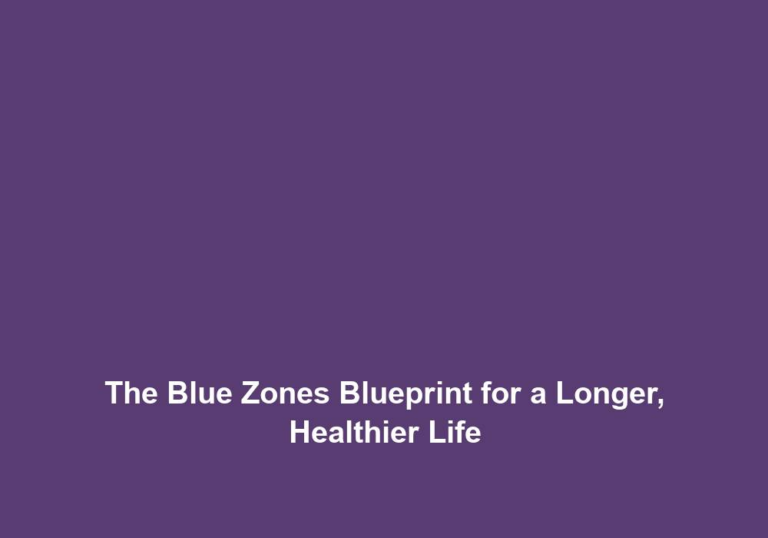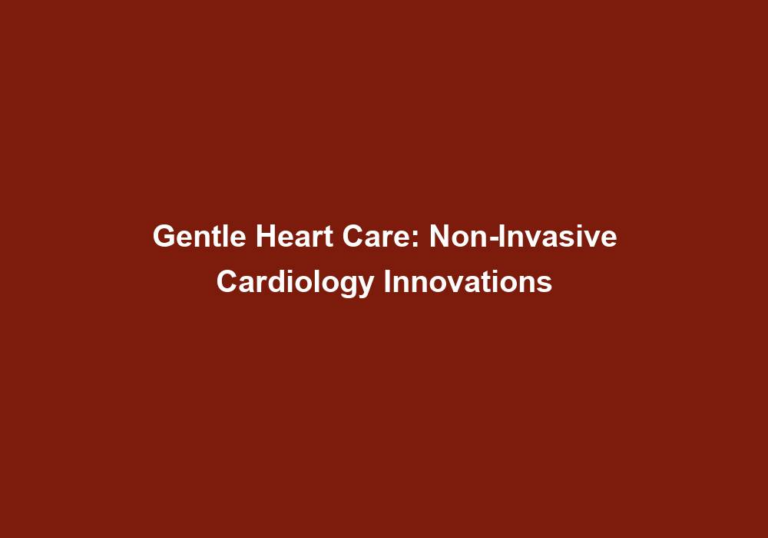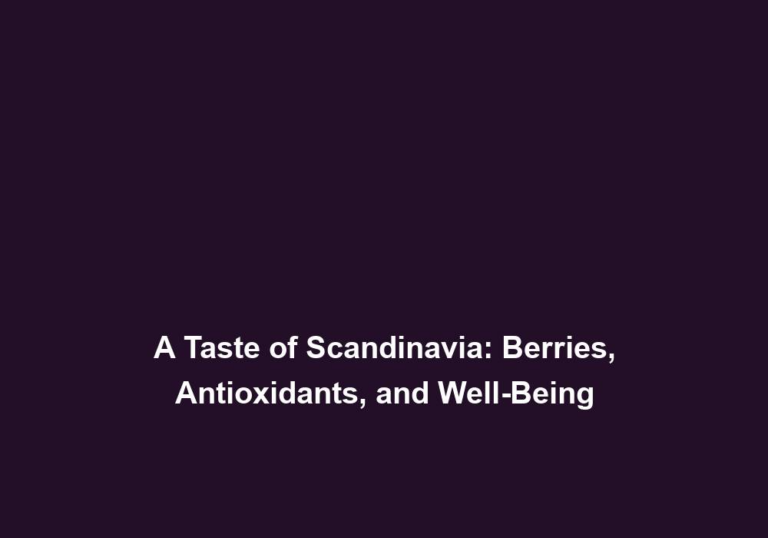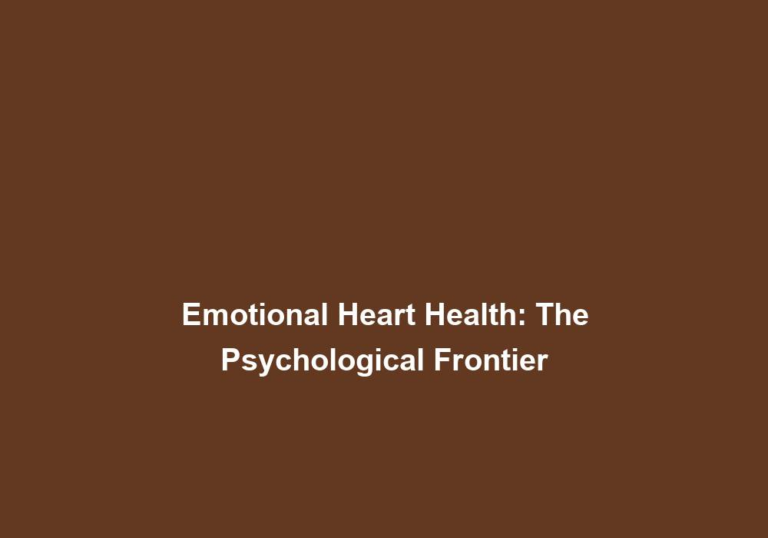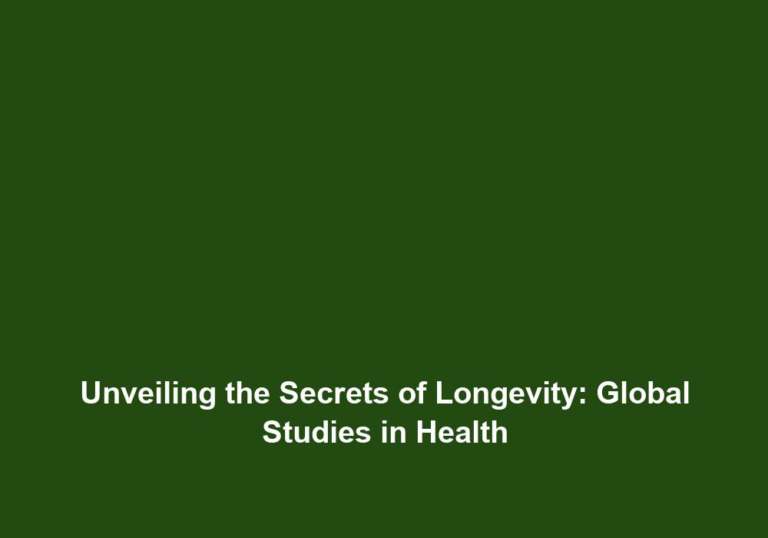Garlic Magic: How this Spice Enhances Heart-Healthy Eating
Garlic, commonly known as the stinking rose, has been used for centuries not only for its distinct flavor but also for its numerous health benefits. This humble spice is not just a culinary delight but also a powerful ally when it comes to improving heart health. In this article, we will delve into the wonders of garlic and explore how it can enhance heart-healthy eating.
The Nutritional Powerhouse
Garlic is a nutrient-dense food that is low in calories but high in beneficial compounds. It is an excellent source of vitamin C, vitamin B6, manganese, and selenium. Additionally, it contains small amounts of calcium, potassium, and phosphorus. These nutrients play vital roles in maintaining overall health and supporting the proper functioning of the cardiovascular system.
The star feature of garlic is its sulfur compounds, particularly allicin. Allicin is formed when garlic is crushed or chopped, and it is responsible for giving garlic its characteristic odor. This compound is known for its numerous health-promoting properties, including its ability to lower cholesterol levels, regulate blood pressure, and reduce inflammation.
Lowering Cholesterol Levels
One of the key benefits of garlic for heart health is its ability to lower cholesterol levels. High levels of LDL (low-density lipoprotein) cholesterol, also known as bad cholesterol, can lead to the buildup of plaque in the arteries, increasing the risk of heart disease. Studies have shown that garlic can help reduce LDL cholesterol levels, thereby reducing the risk of cardiovascular problems.
Garlic contains sulfur compounds that inhibit the production of cholesterol in the liver. It also helps increase the excretion of cholesterol from the body. By lowering LDL cholesterol levels, garlic helps maintain a healthy balance of cholesterol in the bloodstream, promoting better heart health.
Regulating Blood Pressure
Hypertension, or high blood pressure, is a significant risk factor for heart disease. Garlic has been found to possess blood pressure-lowering properties, making it an excellent addition to a heart-healthy diet. The sulfur compounds in garlic help relax and dilate blood vessels, promoting better blood flow and reducing blood pressure levels.
Garlic also acts as a natural vasodilator, which means it helps widen the blood vessels, allowing blood to flow more freely. This helps reduce the strain on the heart and lowers overall blood pressure. By incorporating garlic into your diet, you can potentially lower your blood pressure and reduce the risk of heart disease.
Antioxidant and Anti-inflammatory Effects
Chronic inflammation and oxidative stress play a crucial role in the development of heart disease. Garlic contains antioxidants that neutralize harmful free radicals, protecting the body from oxidative damage. These antioxidants help prevent the oxidation of LDL cholesterol, which is a vital step in the formation of plaque in the arteries.
Moreover, garlic exhibits anti-inflammatory properties that can help reduce inflammation in the arteries and prevent the formation of blood clots. Chronic inflammation in the arteries can lead to the narrowing of blood vessels and increase the risk of cardiovascular problems. By reducing inflammation, garlic helps maintain healthy blood vessels and reduces the risk of heart-related conditions.
Enhancing Blood Circulation
Good blood circulation is essential for a healthy heart. Garlic promotes blood circulation by preventing the formation of blood clots and reducing the stickiness of platelets. Platelets are small blood cells that play a crucial role in blood clotting. When platelets become too sticky, they can clump together and form clots, which can block blood flow to the heart and brain.
The sulfur compounds in garlic help inhibit platelet aggregation, making the blood less prone to clotting. This improves overall cardiovascular health and reduces the risk of heart attacks and strokes. By incorporating garlic into your diet, you can support healthy blood circulation and reduce the likelihood of blood clot-related complications.
Boosting Immune Function
A strong immune system is vital for maintaining heart health. Garlic has been used for centuries as a natural remedy to boost immune function. It stimulates the production of white blood cells, enhances their activity, and supports the body’s defense against infections and diseases.
Garlic contains compounds that have antimicrobial properties, which can help protect against bacterial, viral, and fungal infections. By strengthening the immune system, garlic indirectly contributes to a healthier heart. A robust immune system can help prevent infections that can put additional strain on the cardiovascular system.
Incorporating Garlic into Your Diet
To fully enjoy the heart-healthy benefits of garlic, it is essential to incorporate it into your daily diet. Here are some simple and delicious ways to include garlic in your meals:
-
Raw Garlic: Consuming raw garlic is the most potent way to reap its benefits. Crush or mince a clove of garlic and let it sit for a few minutes to activate the allicin compound. You can then mix it with salad dressings, dips, or add it to your favorite dishes. Raw garlic adds a strong flavor to dishes, so start with a small amount and gradually increase as desired.
-
Roasted Garlic: Roasting garlic mellows its flavor and brings out its natural sweetness. Simply cut off the top of a garlic bulb, drizzle it with olive oil, wrap it in foil, and roast it in the oven until the cloves become soft and golden. Roasted garlic can be spread on bread or incorporated into various recipes, such as pasta sauces, mashed potatoes, or roasted vegetables.
-
Garlic Powder: Garlic powder is a convenient option when fresh garlic is not available. It can be used as a seasoning for meats, vegetables, soups, and sauces to add a burst of flavor and nutritional value. However, it’s important to note that garlic powder may not have the same potency as fresh garlic in terms of its health benefits, as some of the beneficial compounds may be lost during processing.
-
Garlic Supplements: If you find it challenging to consume garlic regularly, you can opt for garlic supplements, available in the form of capsules or tablets. These supplements usually contain concentrated amounts of garlic extract or garlic oil. However, it is always best to consult with a healthcare professional before starting any supplementation, as they can provide personalized advice based on your specific health needs.
Precautions and Considerations
While garlic is generally safe for consumption, it may interact with certain medications, particularly blood-thinning drugs. Garlic has natural antiplatelet properties, which means it can further thin the blood and increase the risk of bleeding when combined with blood-thinning medications. If you are taking any medications or have specific health conditions, it is advisable to consult with your healthcare provider before significantly increasing your garlic intake.
Additionally, some individuals may experience digestive discomfort or allergic reactions to garlic. If you notice any adverse effects after consuming garlic, such as stomach pain, bloating, or skin rash, it is best to discontinue its use and consult with a healthcare professional.
Conclusion
Garlic is not only a culinary delight but also a powerful tool for enhancing heart-healthy eating. Its cholesterol-lowering, blood pressure-regulating, antioxidant, and anti-inflammatory properties make it a valuable addition to any diet aimed at improving cardiovascular health. By incorporating garlic into your daily meals, you can take advantage of its numerous health benefits and give your heart the love it deserves!

